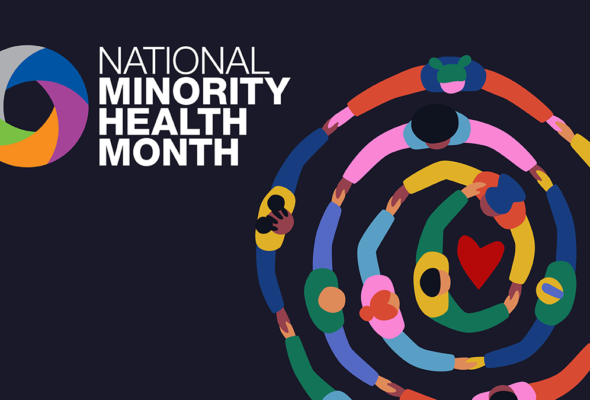What good is collecting endless buckets of data if you can’t trust it?
Overcoming skepticism and distrust can only be accomplished through a robust data quality process. Data quality must be at the forefront of any data warehouse and analytics project to guarantee validity and value within the information you receive.
The key is to focus on the three main areas to build a solid data quality best practice standard.
Successful data quality strategies include:
- Data Terminology
- Data Profiling
- Data Governance
Now that we’ve discussed the importance of a sound data governance foundation in part 1 of this series, let’s dive into the importance of data terminology.
Consistent data terminology is critical to building trust and validity in your company’s data and analytics. When data terminology standards are not well thought out, creating one source of truth can be challenging, if not impossible. You cannot compare apples to apples if one set of apples is named bananas.
Standardizing Terms And Definitions Throughout The Healthcare Industry
Having standardized clinical coding standards is crucial for the quality and safety of health service delivery. Most healthcare organizations do not utilize the same business definitions, clinical terminology, or metadata. Meaning the way they refer to health symptoms, diseases, medications, and procedures could be completely different.
It’s vital for patient care and research and development to share data across disparate systems, providers, networks, and applications in a meaningful way. Without data sharing of this magnitude, the healthcare industry will find it hard to evolve into a delivery model based on proactive care management and keeping healthy populations healthy. Without standardized data terminology, the comparisons and analysis are incomplete, misleading, or false.
Data Terminology Best Standards For The Healthcare Industry
The best approach to develop common health terminology is driven through the Data Governance body. Data Governance develops processes and identifies roles that set the corporate direction for setting common health terminology standards. Business plays a substantial role in driving the Data Governance initiative and works collaboratively with IT implementing the specific solutions. There are many sources of government standards to choose from to guide the organization to high-level Master Data Management (MDM). Government mandates like HL-7, EMR, HIPPA, UB forms, and HCFA forms are good sources to begin the conversation around standard definitions and formats to be used throughout the EDW. Based on the direction defined by the Data Governance body, these standards are implemented through the data modeling processes during data acquisition.
When there is trust within data, users have the confidence to take action based on that data. Without it, there is no action and lack of action is death to any analytics solution. A data warehouse and analytics solution are only as good as the actions they evoke. Data terminology standardization across data submissions is paramount in developing your data quality strategy.
The final blog will dive into best practice standards for data profiling to strengthen your data quality strategy.



